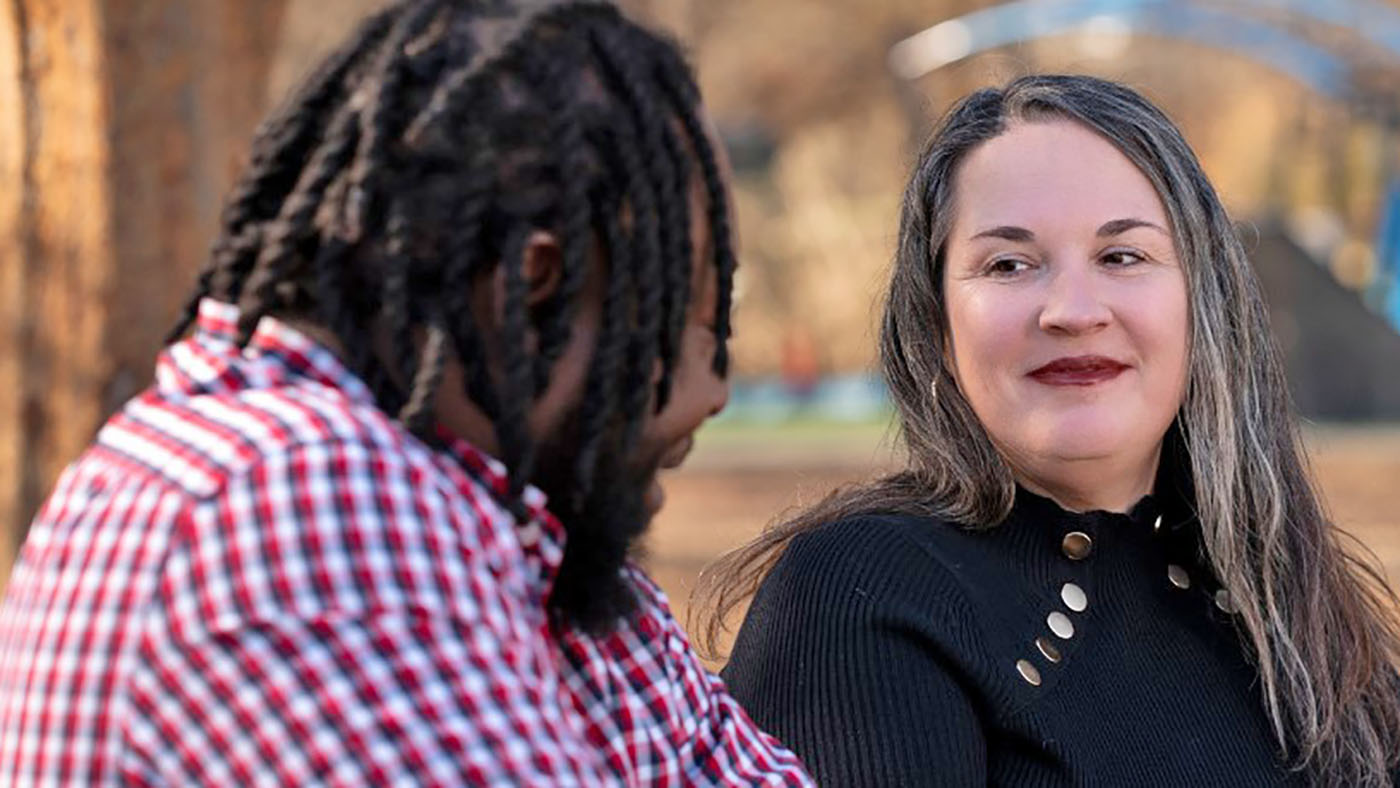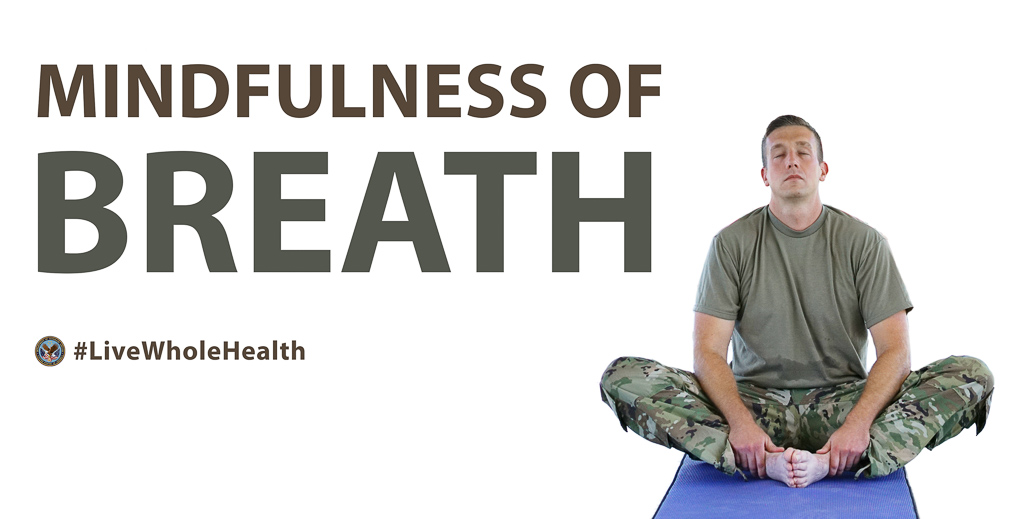VA has diagnosed more than 620,000 Veterans with COVID-19. Of this group, between 4% and 7% may have developed Long COVID symptoms.
While there is no universally agreed-upon definition of Long COVID, the Centers for Disease Control and Prevention (CDC) defines it as long-term health problems following infection with the virus that causes COVID-19.
The condition can be debilitating for patients. That’s why VA is focused on research and personalized program care for the illness through the Whole Health initiative.
LaTrice Hollomon is a Veteran experiencing VA’s comprehensive approach to Long COVID. She was working at a homeless shelter in December 2020 when she was first diagnosed with COVID. “I kept coughing and having body aches during rounds,” she said. “It is a scary feeling. I didn’t know how it was going to affect me, considering I had underlying health issues.”
By February 2021, she was experiencing Long COVID. She had a dry cough, fevers that came and went, and memory issues.
Hollomon’s Long COVID journey was captured in this YouTube video:
Consider many aspects of patient’s life
Her doctor, Ilana Seidel, is a San Francisco VA physician and medical director of the center’s Long COVID program. According to Seidel, while COVID-19 affects many organ systems, VA considers many aspects of the patient’s life when providing treatment. This includes their mental health and individual needs, as well as their response to the question, “What is most important to you?”
VA’s Long COVID Community of Practice team is more than 225 physicians, nurses, physical and occupational therapists, social workers, researchers and other disciplines. They help solve patient problems in real-time and are defining emerging clinical guidance for Long COVID care.
As the largest integrated health care system in the United States, VA conducts large-scale research studies on Long COVID and performs research using Veterans’ electronic health data, patient interviews, blood markers and genetic information.
Discoveries in next two years going to be promising
According to Dr. Ziyad Al-Aly, chief of research and development at the St. Louis VA and expert on Long COVID research, a significant finding from VA research is that patients with more severe symptoms at the onset of infection have the highest risk of developing Long COVID. VA hopes to find effective therapies to reduce inflammation during the acute phase of infection.
Al-Aly’s research has also shown that COVID-19 survivors face an increased risk of diabetes, cardiovascular illness, kidney disease, and mental health disorders.
“What powers my optimism is the very fast discovery of Long COVID and its consequences,” Al-Aly said. “We gained a better understanding of Long COVID in a very short span of time, in two years. This leads me to believe that the next two years are going to be promising in terms of new discoveries.”
Sign up to volunteer for VA COVID-19 research.
Topics in this story
More Stories
You don’t need to know complicated terms or lots of data to talk to someone about suicide. You just have to show concern.
VA’s Office of Connected Care helps Veterans in rural areas receive care through telehealth and other virtual tools.
Discover the power of your breath! Explore how mindful breathing can bring peace, ease your mind and enhance clarity in this week's #LiveWholeHealth video.







